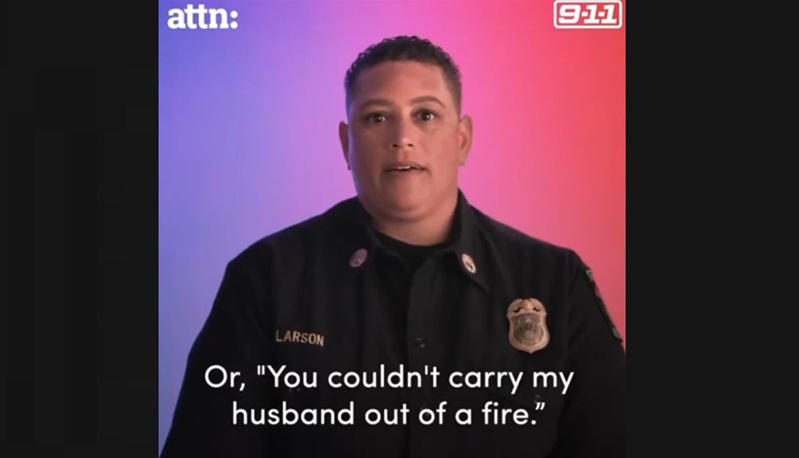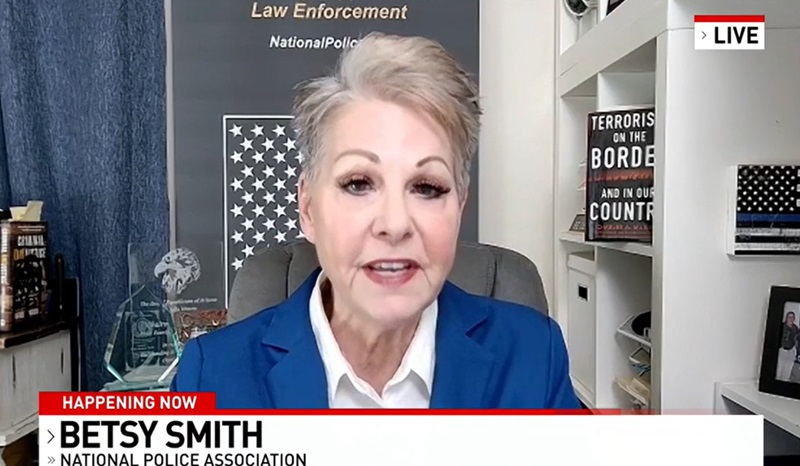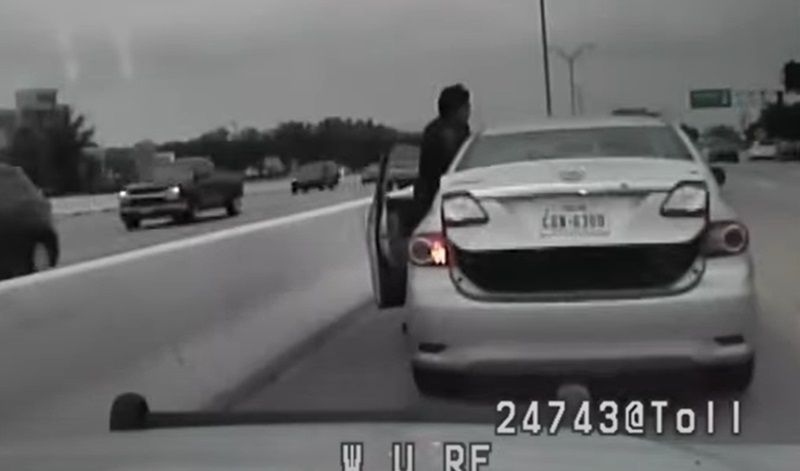

New York City’s Civilian Complaint Review Board (CCRB), once envisioned as a mechanism for fostering trust between the New York Police Department (NYPD) and the public, has degenerated into an overreaching anti-crimefighting nightmare. Originally designed to ensure accountability, this organization now serves as a blunt instrument wielded against the very officers tasked with maintaining order in an increasingly chaotic city. As exemplified by recent lawsuits, rulings, and controversies, its actions demand not reform but outright abolition.
Hiring a Convicted Murderer
The recent CCRB hiring of Ronald Davidson—a man convicted of a triple homicide in 1972—as an investigator is not merely a lapse in judgment; it is an egregious affront to the principles of justice and public safety. This decision starkly illuminates the CCRB’s profound disconnect from its mandate to oversee police operations impartially and demonstrates it has no legitimacy or integrity.
Various poorly researched articles portray Davidson’s triple homicide as a kind of self-defense, since two of his victims had knives. The real story, however, is documented in dozens of court filings like the one here. Davidson was having a disagreement with three fellow thieves about where to hide stolen boat motors. When two of his co-conspirators produced knives he shot them to death. His third co-conspirator ran away. Davidson chased him down and shot him to death as well.
That is not how self-defense works.
By entrusting sensitive investigations of police to an individual with a history of multiple homicides, the CCRB betrayed the avowed purpose of its existence.
A Breach of Justice: The Case of Detective Salvatore Rizzo
Consider the ongoing persecution of Detective Salvatore Rizzo, whose case lays bare the CCRB’s contempt for fairness. After responding lawfully and prudently to a suspicious vehicle, Rizzo was subjected to a baseless CCRB prosecution accusing him of “wrongful use of force” for briefly pointing his service weapon at a passenger who made a sudden, suspicious movement. Never mind that Rizzo’s actions aligned perfectly with NYPD protocols designed to protect both officers and civilians; the CCRB, seizing on the racial optics of the incident, maligned him as racially biased without evidence.
Even after Rizzo’s exoneration by the NYPD’s internal tribunal, CCRB prosecutor Nishat Tabassum publicly doubled down, falsely branding the detective a racist in a letter to Police Commissioner Edward Caban. Such reckless accusations, devoid of factual basis, not only imperil Rizzo’s reputation and career but exemplify the CCRB’s broader agenda: demonizing police officers to advance a politically charged narrative.
CCRB’s Overreach and Institutional Failings
The CCRB’s excesses extend far beyond Detective Rizzo’s case. Empowered to initiate investigations without public complaints, as affirmed by the New York Appellate Division in 2024, the CCRB now operates as a self-appointed arbiter of policing, unshackled from accountability or common sense. This unchecked authority, coupled with a penchant for prosecuting officers on flimsy grounds, has fostered a climate of fear and resentment within the NYPD, discouraging proactive policing and emboldening criminals.
Recent reports highlight how the CCRB drives officers out of the force, exacerbating New York’s recruitment crisis. The Patrolmen’s Benevolent Association (PBA) has long decried the CCRB as a demoralizing force, citing its tendency to pursue punitive actions against officers based on spurious allegations. These claims are supported by mounting evidence of CCRB-initiated prosecutions that collapse under scrutiny yet leave lasting scars on their targets.
A Culture of Ideological Bias
At its core, the CCRB suffers from an ideological rot that prioritizes political agendas over impartial justice. Public statements by CCRB officials, such as characterizing NYPD practices as “over-policing in black neighborhoods” or insinuating that officers treat individuals differently based on their zip code, betray a deep-seated animus toward the police. These pronouncements undermine the board’s credibility as an impartial watchdog and expose it as a partisan weapon aimed squarely at law enforcement.
Legal and Ethical Breaches
The lawsuit filed by Detective Rizzo further illustrates the CCRB’s willingness to flout legal and ethical norms. The complaint details not only malicious prosecution but also a systematic abuse of process, with CCRB officials reportedly initiating retaliatory investigations against Rizzo following his acquittal. Such actions reveal an organization unmoored from its mandate, weaponizing its authority to settle scores rather than pursue justice.
Equally troubling is the CCRB’s public dissemination of unsubstantiated allegations, even in cases where officers have been cleared. This practice subjects officers to undue reputational harm and jeopardizes their safety, violating basic principles of due process and fairness.
A Threat to Public Safety
The CCRB is not merely a problem for the NYPD; it is a direct threat to public safety. By undermining officer morale and discouraging assertive policing, the CCRB contributes to the erosion of law and order. A June 2024 New York Post report highlighted how the CCRB’s aggressive oversight has driven experienced officers to leave the force, further straining a department already stretched thin by rising crime rates and recruitment challenges.
This chilling effect on policing coincides with a broader crisis in urban governance, where political leaders prioritize appeasing activists over addressing the concerns of ordinary citizens. New Yorkers, who rely on the NYPD to protect their communities, deserve better than an oversight body that prioritizes ideological crusades over effective public safety.
The Case for Abolition
It is clear that the CCRB, in its current form, is irredeemable. Efforts to reform the board have consistently failed, hamstrung by entrenched biases and systemic inefficiencies. Far from fulfilling its promise of fostering accountability, the CCRB has become a liability, undermining the NYPD and endangering the city it purports to serve.
Abolishing the CCRB would not leave New York without mechanisms for police oversight. Existing internal review processes within the NYPD, combined with external checks from the courts and independent prosecutors, provide ample avenues for addressing misconduct. What is needed is not another layer of politicized bureaucracy but a renewed focus on equipping and supporting officers to perform their duties responsibly and effectively.
Conclusion
The Civilian Complaint Review Board has strayed far from its original purpose, devolving into an ideologically driven entity that harms officers, undermines public safety, and falsely erodes trust in law enforcement. The cases of “Investigator Davidson” and Detective Rizzo as well as countless others demonstrate that the CCRB is beyond saving. The City’s charter must be amended.
This rogue institution must be shut down.






